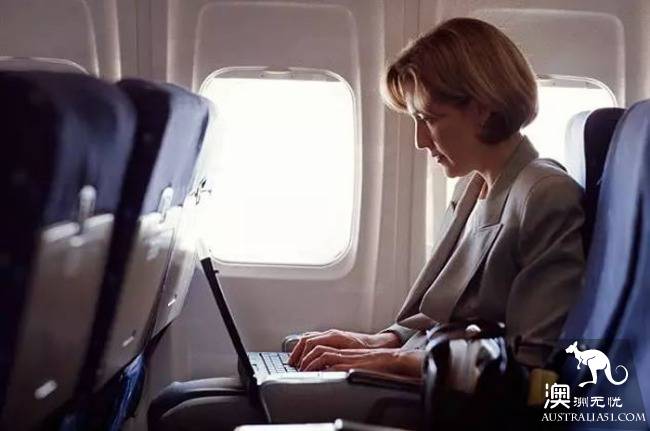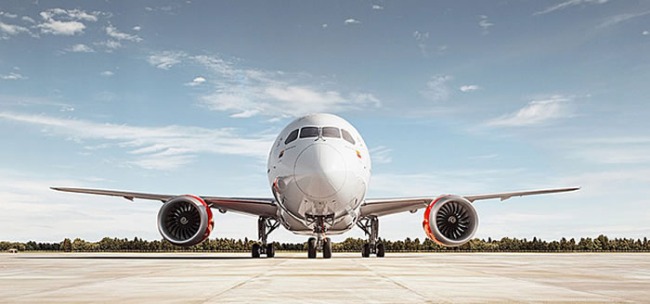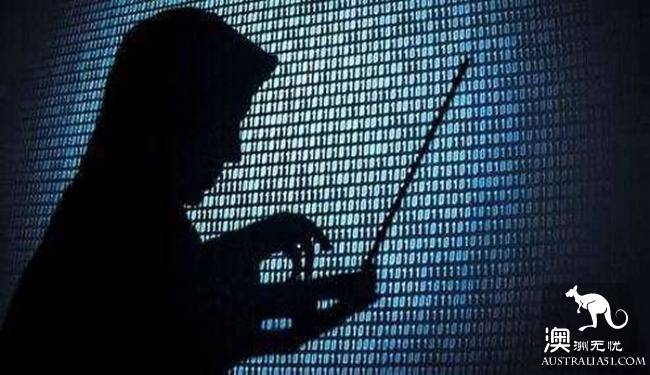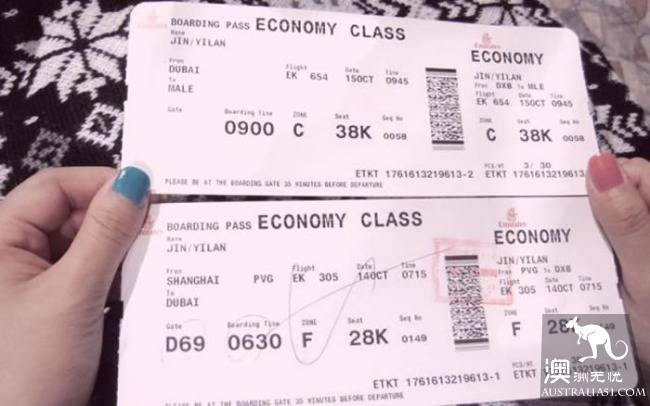Traveling by air is a common thing for friends who live abroad, and most of the time they like to collect tickets or "post them" to tell their relatives and friends about their recent travel plans.
Privacy-conscious friends choose to drop their personal information, flight number, seat number, and so on, but that doesn't seem to be enough!
Recently, a show in the United States revealed the secrets of the boarding pass and sounded an alarm for passengers.
A program in the United States shows how hackers get all of their personal information, including names, ID cards, passports and personal contact details, from the boarding pass's bar code in less than a second with professional deciphering software.

Later, major domestic airlines confirmed that the bar code on the boarding pass did compile the passenger's personal information.
The airline said that while the information in the bar code is generally read only by professional scanning software used by airport workers, passengers are not advised to post tickets on social networks for safety reasons.
Qantas (Qantas) and Virgin Australia's (Virgin Australia) two major Qantas also advised passengers not to show boarding passes.
In fact, as early as 2016, the Economist and the Australian News both reported the secret hidden in the boarding pass, warning passengers to pay attention to privacy.

Australian Internet expert Andy. Harlan (Andy Hurren) said the boarding pass contained information such as your name, passenger account name and flight number, which is already 2/3 of the information needed to hack into your airline account.
After the hacker gets this information, it is possible to hack into your account and steal your airline credit or identity, and may falsify your flight at will.
What's more, after tampering with the flight, the hacker may call you for fraud and ask you to return the ticket and change the ticket in order to get the money.
Harlan also said that the technology required to crack the boarding pass bar code is simple and the whole process is not complicated at all. So passengers should think about who will see the information before posting their boarding passes.
comment on
1: your privacy is very dangerous in the big data era
Harlan said that the biggest threat to passenger information is not the leaked boarding pass, but that passengers are used to accessing unfamiliar Wi-Fi. at will.
Information is unprotected on these Wi-Fi, so hackers can get it at will. Once a passenger has access, the hacker can access your password, email account, and all the important information.

A survey of 14000 visitors aged 21 to 54 by an Internet security company found that 1/3 of them used to connect to "any accessible" Wi-Fi..
Criminals may set the Wi-Fi name to "look safe". For example, set the name of a shop at the airport, or simply set the name of the airport department to attract visitors.

In addition, in big data era, a variety of APP more and more. App provides services to users, at the same time, it will often require access to users' information.
For example, various Meitu software requires access to the user's photo albums and cameras, and chat software will require access to the user's address book. Many users habitually allow APP to gain access, which allows some "ill-intentioned" APP to drill through the hole.
Bad APP access to user albums, address books, mailbox permissions, may get important information. Many people keep identity cards, passport photos, and even password information in photo albums.
In the era of big data, information is value.
With the advent of the information age, a black industrial chain around information gradually appears. Buy and sell information, information fraud, information marketing. There is a great wealth in the information, and the disclosure of the information contains a great deal of risk.
However, the risk awareness of users is far from enough. In addition to allowing APP access at will, users often share their location on social networks and inadvertently reveal their work units and personal habits, which give "interested people" a chance.
2: how to prevent?
Therefore, big data era is really everywhere trap, then as a user, how should we as far as possible to guard against it?
First, do not use a simple password when registering your site, and try not to use your real name or cell phone number as your user name.
Second, don't connect to an insecure Wi-Fi, even if it "looks secure."
Third, do not allow APP access to important information, such as photo albums, mailboxes, address books, and so on, unless necessary
Fourth, on social networks, don't share information about geographic locations, tickets, etc. Even if you share it with someone you trust in your moments, you can't guarantee that information won't end up in the hands of hackers.
Finally, the documents we use in our daily lives, or express parcels, have to be torn up or wiped out with black pens before they are discarded.
epilogue
The advent of the information age brings great convenience to our life, but it also threatens our information security. Information is value, but information security is easily ignored. As users, we should improve our awareness of self-defense, be careful, and avoid loss.